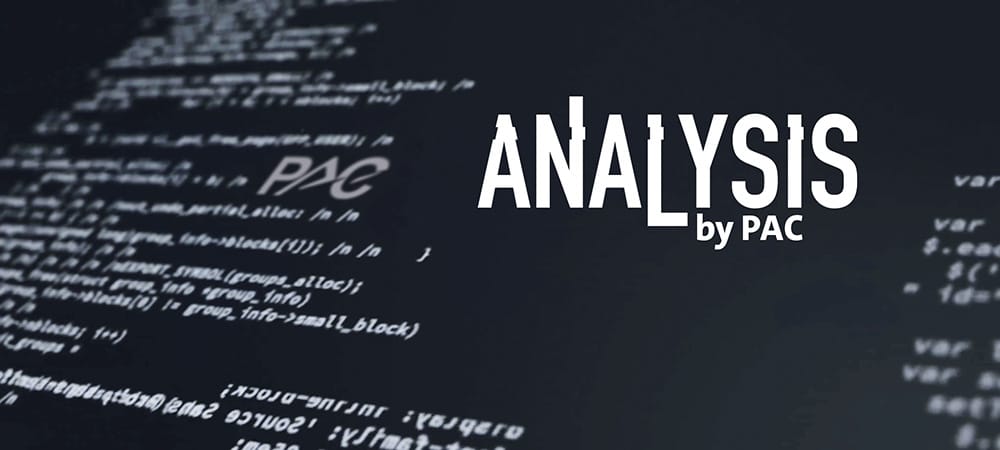AI Revolutionizes Financial Accounting


There is no CFO, finance manager or IT decision-maker who is not concerned with the question of how their own processes can be better automated. The answer clearly lies in AI-powered solutions. Eliminating manual, repetitive activities allows employees to focus on valuable tasks.
AI is no longer science fiction in finance; it is being used to improve workflows. In accounts payable in particular, there are numerous ways to minimize manual work, speed up processes, and avoid errors. Self-learning algorithms generally detect data errors and inaccuracies earlier than humans, thereby improving the quality of accounting data.
As a company grows, so does the number of incoming invoices. Additional staff would be needed to process them—or AI to flexibly scale accounting processes. Intelligent algorithms automatically record invoice data, suggest account assignment, and initiate subsequent checking and processing procedures, largely eliminating the need for manual work. The speed of invoice processing can increase significantly.
AI-supported systems offer a clear advantage: they are scalable and adaptable to different legal and business conditions. This is especially important for companies that operate globally, as it helps them manage the growing number of invoices they receive. More efficient processes, improved transparency, and optimized liquidity management provide clear competitive advantages.
Rule-based systems only allow for limited error detection in cases for which rules have already been defined. AI, on the other hand, is constantly learning. Large language models recognize invoice data more accurately and reduce errors significantly by means of automatic checking mechanisms. Inconsistent or incorrect data is recognized and corrected early on. Thus, AI automatically leads to higher data quality.
Targeted use of AI
"We have to do something with AI now" is a common demand from management. It reflects a fear of missing out on technological trends. However, jumping on the bandwagon without a strategy is like jumping in blindly. It's much more important to use technology in a targeted manner to create real added value. In order to find the optimal balance between automation and control, companies need to analyze which processes benefit most from AI. This means a pragmatic profitability analysis is required. This analysis measures the effects in terms of clearly defined key figures, such as processing time, error rate, and process costs. Only by considering these factors can one determine when the AI achieves its return on investment. AI should only be integrated into accounting processes in the long term if it makes a measurable contribution to increasing efficiency.
Invoice processing offers a wide range of use cases for AI, particularly automatic invoice capture and validation using large language models. Manual entries and error rates can be reduced as a result. Automated account assignment has great potential. AI algorithms analyze historical posting data and generate account assignment proposals for new invoices. This speeds up the approval process further and reduces manual effort. Additionally, AI uses plausibility checks to identify incorrect invoices early on by comparing them with purchase orders and contracts. Another benefit is fraud prevention. AI systems recognize suspicious transaction patterns and flag conspicuous invoices for further review, detecting fraud early and preventing financial losses.
Despite the numerous benefits, companies face challenges when introducing AI. AI systems are only as good as the data on which they make decisions. It is then essential that companies ensure their master data is up to date and structured to exploit the technology's full potential. Change management also plays a crucial role. New technologies alter existing work processes and may be met with skepticism by employees. Transparent communication and targeted training are prerequisites for gaining acceptance and successfully implementing change. Finally, traceability of AI-supported decisions is essential. Companies must monitor and validate automated processes to avoid incorrect decisions.
Next evolutionary stage: Agentic AI
The next step in its development is already on the horizon: Agentic AI. Unlike traditional AI solutions, it can make independent decisions and adapt dynamically to new processes. Agentic AI can automatically prioritize invoices, initiate approvals, and streamline financial management. Manual intervention is becoming increasingly obsolete, and Agentic AI's progressive automation will ultimately transform finance departments into intelligent, proactive control centers.
To the E3 partner entry:







